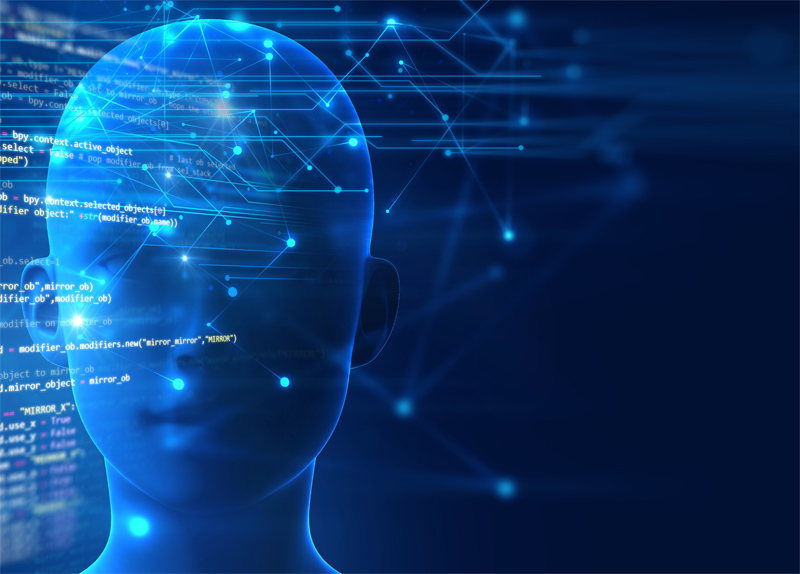
13th November 2016 Machine learning can identify a suicidal person Using a person's spoken or written words, a new computer algorithm identifies with high accuracy whether that person is suicidal, mentally ill but not suicidal, or neither.
A new study shows that technology known as machine learning is up to 93% accurate in correctly classifying a suicidal person and 85% accurate in identifying a person who has a mental illness but is not suicidal, or neither. These results provide strong evidence for using intelligent software as a decision-support tool to help clinicians and caregivers identify and prevent suicidal behaviour. "These computational approaches provide novel opportunities to apply technological innovations in suicide care and prevention, and it surely is needed," explains John Pestian, PhD, professor in Biomedical Informatics & Psychiatry at Cincinnati Children's Hospital Medical Centre and the study's lead author. "When you look around healthcare facilities, you see tremendous support from technology, but not so much for those who care for mental illness. Only now are our algorithms capable of supporting those caregivers. This methodology can easily be extended to schools, shelters, youth clubs, juvenile justice centres, and community centres, where earlier identification may help to reduce suicide attempts and deaths." Pestian and his team enrolled 379 patients over the study's 18 month period – from emergency departments as well as inpatient and outpatient centres across three sites. Those enrolled included patients who were suicidal, diagnosed as mentally ill but not suicidal, or neither (serving as a control group). Each patient completed standardised behavioural rating scales and participated in a semi-structured interview, answering five open-ended questions to stimulate conversation such as "Do you have hope?" "Are you angry?" and "Does it hurt emotionally?" The researchers extracted and analysed both verbal and non-verbal language from the data. They then used machine learning algorithms to classify the patients into one of the three groups. Their results showed that machine learning algorithms could tell the difference between the groups with an accuracy of up to 93%. The scientists also noticed that the control patients tended to laugh more during interviews, sigh less, and express less anger, less emotional pain and more hope. This software could become more and more useful in the future, as depression is expected to become the number one global disease burden by 2030. However, such intelligent algorithms may raise concerns over privacy and civil liberties, with potential for information to be abused. For example, authorities might use the software to spy on citizens as they communicate via email or social media, perhaps deciding from the data and wording style that a certain individual is dangerous and must be imprisoned, even if that person is actually innocent. The study is published in the journal Suicide and Life-Threatening Behavior. ---
Comments »
|







